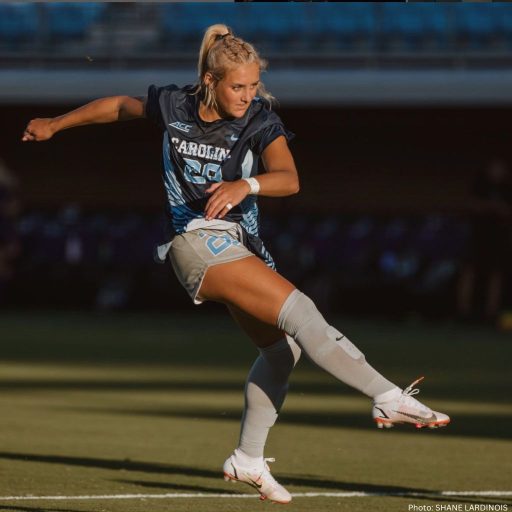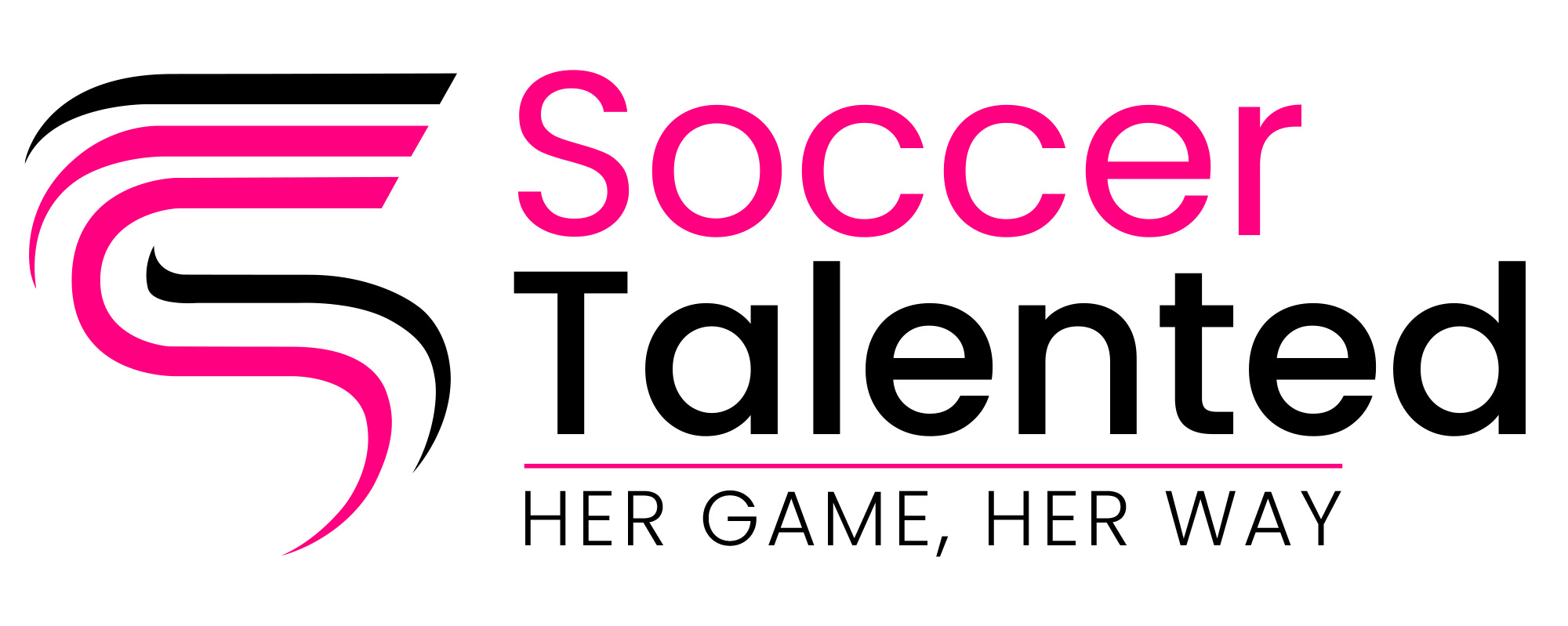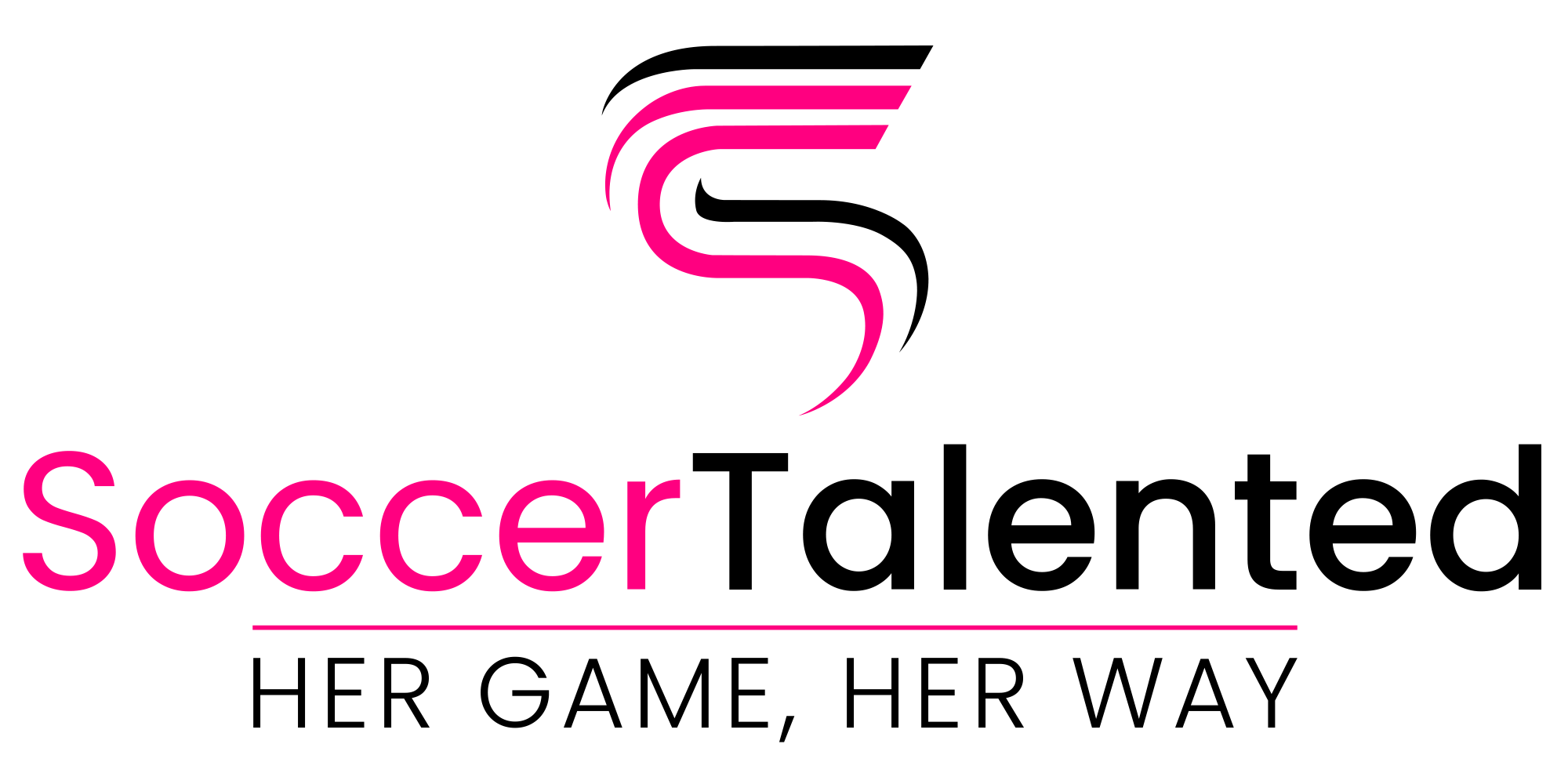ACL Injury & Recovery
As a Women's Soccer Player
By Maggie Pierce
Kickoff
In November 2020, my life as a college soccer player took an unexpected turn when I suffered an ACL injury.
As a member of the University of North Carolina (UNC) women’s soccer team, this setback tested my physical and mental resilience.
It shed light on the prevalence and challenges of ACL injuries among women in soccer.
In this retelling, I’ll share my perspective as I navigate the arduous rehabilitation process and provide valuable insights into ACL injuries and their impact on women soccer players.
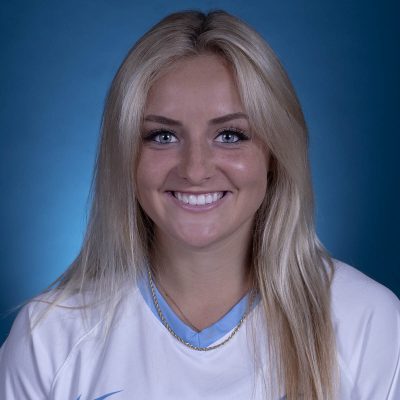
Understanding ACL Injuries in Women's Soccer
As I lay on the field that day, the pain in my knee was just the beginning of a daunting journey. ACL, short for anterior cruciate ligament, injuries are among the most common and devastating knee injuries for athletes, particularly in soccer. Women soccer players are at a higher risk of sustaining ACL injuries due to a combination of biological and structural factors, including differences in anatomy, hormonal variations, and movement patterns.
The Road to Recovery: Physical and Mental Rehabilitation
An ACL injury’s physical and mental rehabilitation demands an unwavering commitment to comprehensive treatment and recovery protocols. The recovery involves phases such as reducing pain and swelling, regaining range of motion, rebuilding strength, improving balance and stability, and eventually returning to sports-specific activities.
The physical side of ACL rehabilitation is a lengthy process and can be mentally straining. Wanting to return to the field as quickly as possible is a natural reaction, but knowing how to push your body correctly will lead to a successful recovery. Due to the recovery typically lasting 8 to 12 months, frustration can occur when the progress is slow. Having a positive mindset through rehabilitation is difficult, but it creates a domino effect on the rate of physical recovery.
Rebuilding Strength and Confidence
The journey to rebuild strength and confidence is multifaceted for female soccer players. Physical therapy sessions focus on rebuilding the muscles around the knee, especially the quadriceps, hamstrings, and core, to provide stability and support to the knee joint.
Additionally, specific exercises target agility, cutting, jumping, and landing mechanics, addressing the unique demands of soccer movements. Rehabilitation programs often incorporate progressive drills and simulated game scenarios to reintroduce athletes to the physical demands of soccer gradually.
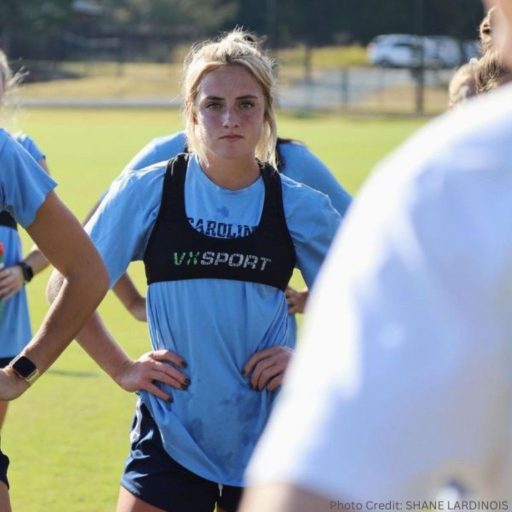
Overcoming Psychological Challenges
Overcoming the doubts and fears is the mental aspect of an ACL injury and should not be underestimated. Women soccer players often face significant psychological challenges during their recovery process. The fear of reinjury, concerns about losing skills and performance levels, and doubts about one’s ability to return to pre-injury form can be overwhelming. The psychological impact can impact an athlete’s confidence, motivation, and overall well-being.
To address these challenges, sports psychology becomes a critical component of ACL injury rehabilitation. Techniques such as visualization, positive self-talk, goal setting, and stress management are employed to enhance mental resilience and restore confidence. Sports psychologists work closely with athletes, providing guidance and support to overcome fears, set realistic expectations, and develop strategies for coping with setbacks along the way.
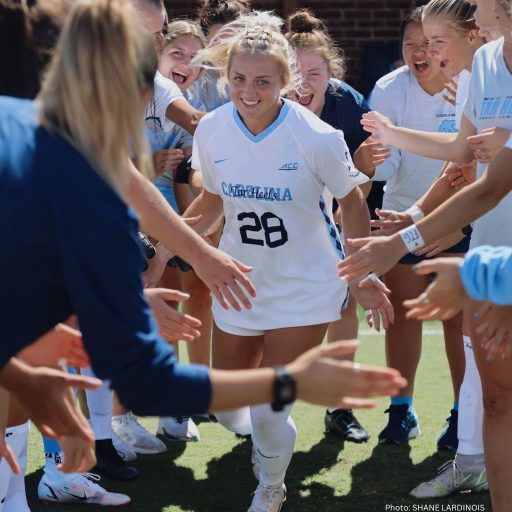
The Support of a United Team
However, returning to full competition involves more than just physical recovery. It requires trust in one’s body, a reconnection with the joy of playing, and the support of a united team. The emotional process of stepping back onto the field alongside my college teammates at UNC was an emotional and triumphant moment.
For women soccer players, the bond with teammates becomes an essential source of motivation and encouragement. The camaraderie and shared experiences provide a support system that aids in both physical and mental recovery.
Teammates and coaches play a vital role in fostering an environment of empathy, understanding, and inclusion, ensuring that athletes feel supported and empowered throughout their journey.
Injury Prevention and Support
My experience with an ACL injury has given me a unique perspective on the challenges women soccer players face. ACL injuries are not just physical setbacks but also mental and emotional trials. Through sharing my story, I aim to raise awareness about the prevalence of ACL injuries among women in soccer and highlight the need for injury prevention measures, early intervention, and comprehensive rehabilitation programs tailored to the specific needs of female athletes.
By helping share my experience with fellow athletes, I hope to instill a belief that setbacks can be overcome and that a strong support network is crucial during recovery. Education about injury prevention, proper training techniques, and strengthening exercises can help reduce the risk of ACL injuries in women soccer players and ensure their long-term success on and off the field.
Final Whistle
My journey through an ACL injury tested my physical and mental resilience and shed light on the challenges women soccer players face. ACL injuries are prevalent and impactful in the world of women’s soccer, requiring comprehensive rehabilitation and mental fortitude to overcome.
By sharing my experience, I hope to inspire fellow athletes to prioritize injury prevention, seek appropriate treatment and rehabilitation, and foster a supportive community that empowers women soccer players to rise above adversity. Together, we can create a future where ACL injuries no longer pose insurmountable obstacles and where the strength of women in soccer shines brighter than ever before.

Maggie Pierce
Meet Maggie Pierce, a professional footballer for Shelbourne FC in Dublin, Ireland, hailing from Raleigh, NC, and a proud UNC-Chapel Hill alum.
Maggie recieved her BA in Communications and minor in Art History. As a Soccer Talented Ambassador and Mentor, she's ready to share her background to empower young female soccer players to reach their goals.
Follow Maggie to keep up with her videos and articles for valuable tips and insights on your soccer journey!
